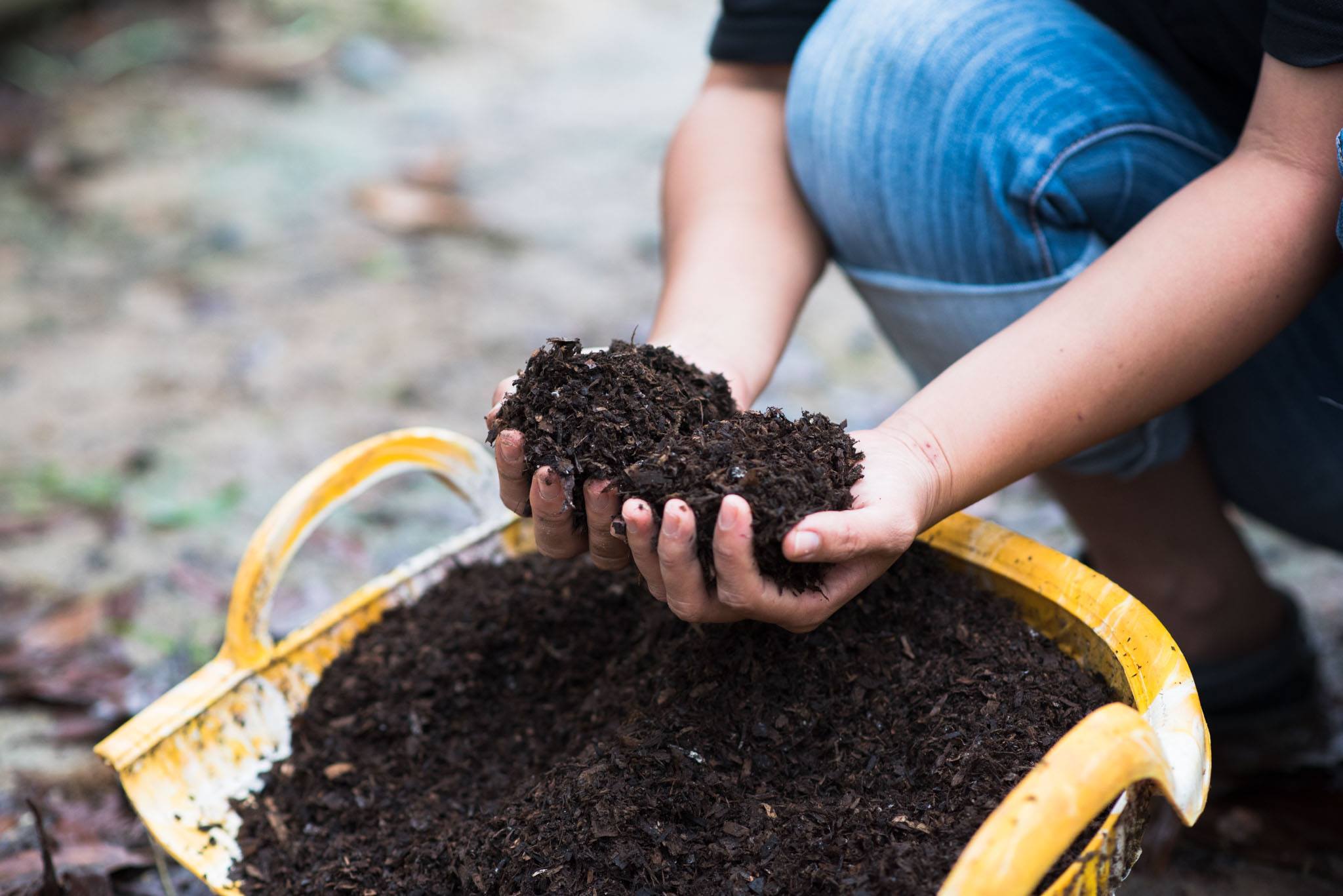
- Good Stuff -
- 4mins -
- 87 views
Meet the farming doctor who is combating sickness with food waste
A farming doctor? Dr. Lemuel Ng took his job description to new heights by simply believing that food is the best medicine.
FOLO Farms: Feed our loved ones
FOLO stands for ‘Feed Our Loved Ones’. FOLO Farm is a Malasia-based, family-run farm on a mission to feed the world nutritionally power packed, super organic vegetables. Their vision in the long run is to feed, not just their immediate families and their community, but also their society and to create a whole movement of community and wellness, by inspiring others to join them and form FOLO-type farms everywhere.
Food comes from nature, not the supermarket
At FOLO Farms their aim is to remind people that food comes from nature, not the supermarket. Most of the vegetables you consume have been exposed to pesticides, which are proven to lead to numerous conditions ranging from skin issues to cancer, and Malaysia is one of the worst countries in the world at using these poisonous pesticides.
At FOLO they are changing this reality, by collecting three tonnes of food waste per day from hotels and restaurants, and turning it into nutrient-rich compost. They use this compost to heal their soil and organically grow healthy vegetables for their community of almost 100 families.
Source: Chivas.com

Why compost and what is composting?
Why compost?
Every day, 25,000 to 30,000 tons of waste is generated in Malaysia. Over 90% of it is not recycled. Of that, 45-60% is organic waste. That means that an average of around 15,000 tons of organic waste go wastefully (and harmfully) to landfills every day. That’s the weight of 15,000 cars, or 7,500 elephants, per day!
FOLO dreams that one day, all of this organic waste can be transformed to produce microbes-rich compost so effectively that they can heal their precious land, grow healthy food and drive chemical fertilisers, herbicides and pesticides out of Malaysia. It will take a public-private-community movement to make this happen.
On their website they explain;
"Right now, we are acting on this dream in Johor Bahru, by aiming to collecting 1 elephant (around 2 tonnes) of kitchen waste every day to make compost for our veggies. We drive our own FOLO truck, provide our own FOLO bins, and work with like-minded partners who separate their waste including our own homes, restaurants, food businesses and hotels. We take all these to our own FOLO composting centre, carry out our own aerobic composting, wash all the bins and return them to our partners."
The The work is quite unglamorous and time consuming. They also need to continually educate, communicate and build trust with partners to separate their waste effectively. At such a small scale (1 elephant per day), it is also more expensive than purchasing other compost and fertilisers in the market.
What exactly is composting?
Composting is a biological decomposition process for organic waste, in which the material is broken down by microbes and micro-organisms under aerobic conditions. The end product is compost, an organic plant nutrient and humus supplier. Composting is a natural biological degradation process that is controlled and accelerated at a composting facility. Composting is the transformation of biologically decomposable material through a controlled process of bio-oxidation, which results in the production of carbon dioxide, water, minerals and stabilised organic matter (compost or humus).
Source: FoloFarms.com

What is your motivation?
- We do it for our kids. We want to leave a Johor Bahru and Singapore that is better and cooler for them. We want to show them that they do not have to run anywhere to find meaning.
- We do it for our veggies and the health of our loved ones. Processed in the right way, kitchen waste can be transformed into not only compost, but one of the best, most nutritious and microbes-rich compost for the farm environment and the vegetables that grow from it. Collectively, we believe – and science is increasingly showing – that physical exposure to our farm and sustained consumption of our vegetables can nourish and heal us.
- We do it because it is the right thing to do. Transforming waste to something of value to society makes social, environmental and business sense. Other countries are doing it at a national level. But we are mindful that building the momentum requires institutional and cultural change, which in turn require commitment and venture philanthropy. To get to where we are today, we are grateful that the FOLO community of friends and supporters have donated land, machinery, time, money and networks.
Source: FoloFarms.com


